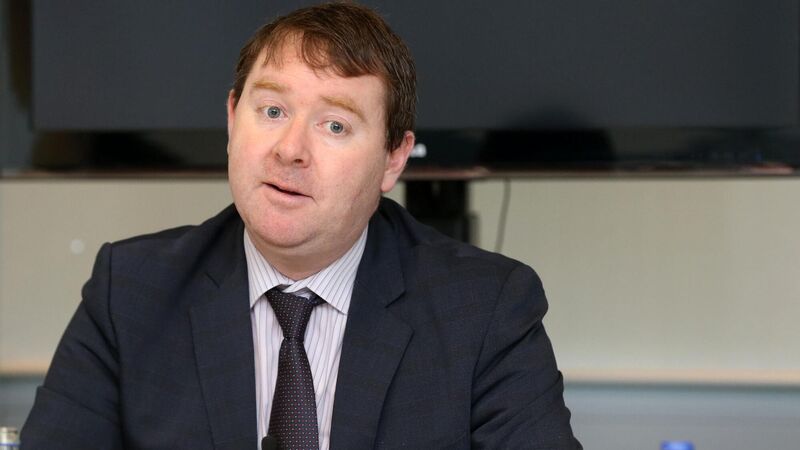Government should run 'bigger surpluses' to save for future, says Ifac

The chairperson of Ifac, Séamus Coffey, said the Irish economy is 'performing well' and budgetary policy is 'adding money into the economy when it is not needed'. File Picture: Sam Boal
The Government should be running “bigger surpluses” and saving more because, at present, surpluses projected for next year won’t be enough to meet the contribution requirements needed for the two investment funds, the Irish Fiscal Advisory Council (Ifac) has warned.
In its latest fiscal assessment report, and following on from the budget announcement last month, Ifac criticised the shortsightedness of the Government’s budgetary process and its continued heavy reliance on corporation tax receipts.














